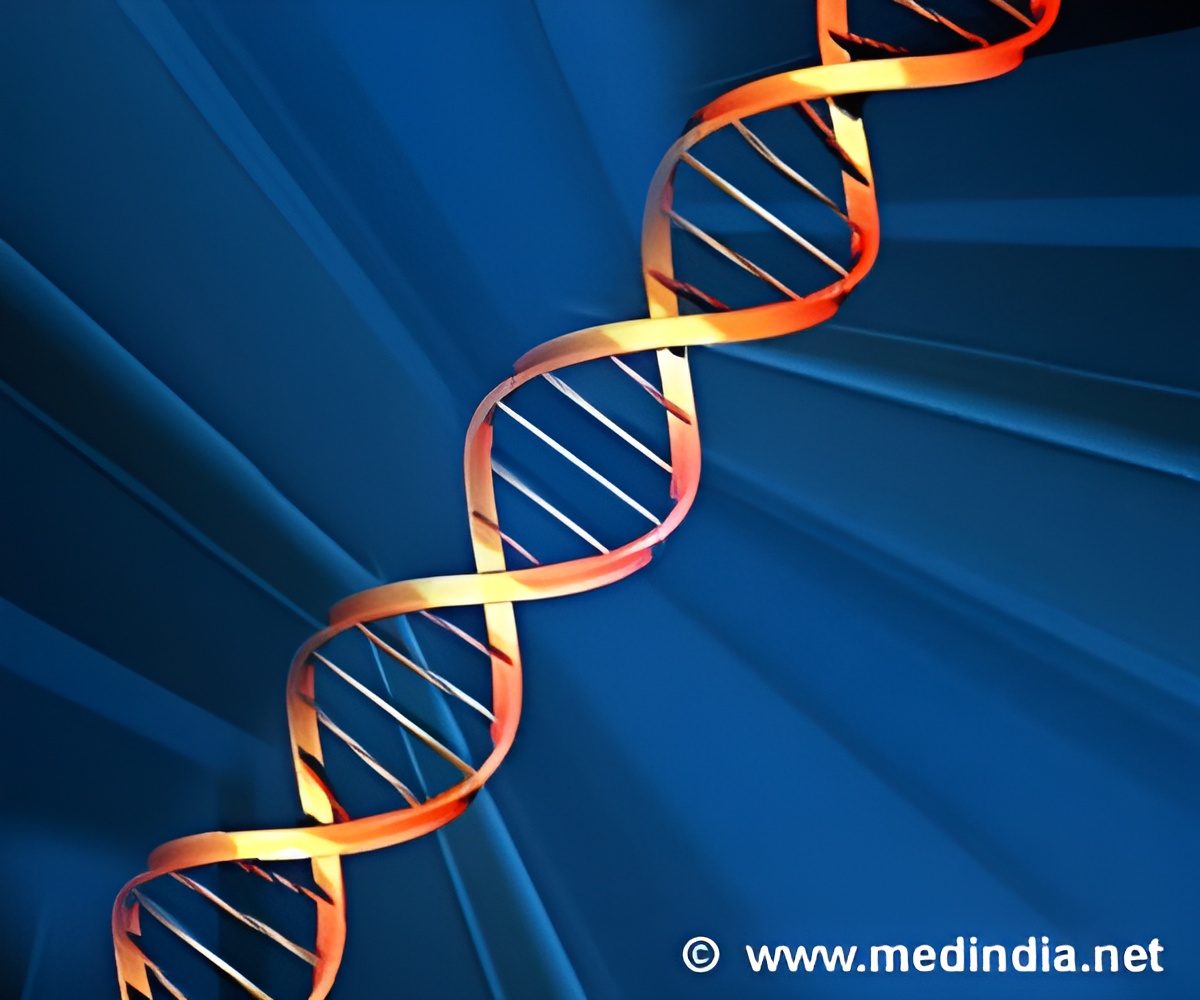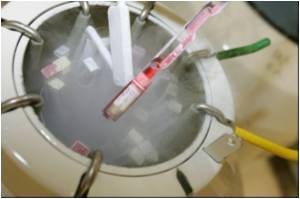The PTEN gene which was first identified more than 15 years is known to play an integral role in preventing the onset and progression of numerous cancers.

The findings are reported online in the April 24 issue of the journal Cell.
"By characterizing the ways that two specific PTEN mutations regulate the tumor suppressor function of the normal PTEN protein, our findings suggest that different PTEN mutations contribute to tumorigenesis by regulating different aspects of PTEN biology," explains senior author Pier Paolo Pandolfi, MD, PhD, Director of the Cancer Center at BIDMC and George C. Reisman Professor of Medicine at Harvard Medical School. "It has been suggested that cancer patients harboring mutations in PTEN had poorer outcomes than cancer patients with PTEN loss. Now, using mouse modeling, we are able to demonstrate that this is indeed the case. Because PTEN mutations are extremely frequent in various types of tumors, this discovery could help pave the way for a new level of personalized cancer treatment."
The PTEN gene encodes a protein, which acts as a phosphatase, an enzyme that removes phosphates from other substrates. Several of the proteins that PTEN acts upon, both lipids and proteins, are known to promote cancer when bound to a phosphate. Consequently, when PTEN removes their phosphates, it is acting as a tumor suppressor to prevent cancer. When PTEN is mutated, it loses this suppressive ability, and the cancer-promoting proteins are left intact and uninhibited. This new study unexpectedly shows that the PTEN mutant protein is not only functionally impaired (losing its enzymatic function) it additionally acquires the ability to affect the function of the normal PTEN proteins, thereby gaining a "pro-tumorigenic" function.
"We sought to compare PTEN loss with PTEN mutations," explains first author Antonella Papa, PhD, an investigator in the Pandolfi laboratory. "We wanted to know, would outcomes differ in cases when PTEN was not expressed compared with cases when PTEN was expressed, but encoded a mutation within its sequence? It turned out the answer was yes."
The scientific team created several genetically modified strains of mice to mimic the PTEN mutations found in human cancer patients. "All mice [and humans] have two copies of the PTEN gene," Papa explains. "The genetically modified mice in our study had one copy of the PTEN gene that contained a cancer-associated mutation [either PTENC124S or PTENG129E] and one normal copy of PTEN. Other mice in the study had only one copy of the normal PTEN gene, and the second copy was removed."
Advertisement
"This was very surprising, as we were expecting a reduction in tumorigenesis,," says Papa. "Instead, mechanistically, we found that PTEN exists as a dimer [two-protein complex] and in this new conformation, the mutated protein prevents the normal protein from functioning." At the molecular level, she adds, this generates an increased activation of a PTEN target – a protein called Akt – which is what leads to the augmented tumorigenesis in the mice. Akt is part of a signaling pathway that regulates cell growth, division and metabolism; when PTEN is prevented from inhibiting Akt, the pathway becomes overactive. As a result, say the authors, targeting Akt and its pathway may be an effective treatment strategy for patients with PTEN mutations, adding that inhibitors to affect this pathway are currently being tested and developed.
Advertisement
Source-Eurekalert










